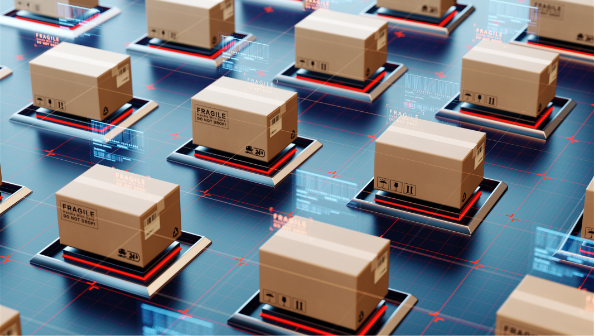Blockchain for the Supply Chain: Are we there yet?
August 13, 2019
Earlier this month, IBM announced its latest Blockchain pilot, the clumsily-named “Trust Your Supplier.” IBM has both lofty and modest goals for the program. First, shooting for the stars: Trust Your Supplier will “improve supplier qualification, validation, onboarding and life cycle information management.” Most specifically, it purports to improve the most cumbersome, manual tactics of supply chain management.
From Reuters: “By using a decentralized approach and an immutable audit trail built on Blockchain, the company said the new network would eliminate manual time consuming processes and help reduce the risk of fraud and errors.”
With Trust Your Supplier, IBM is now promoting at least a dozen Blockchain pilot programs, for everything from seafood to prescription drugs.
IBM’s “Trust Your Supplier” news checks the boxes for the Blockchain pilot playbook:
- Claims of solving a lofty problem with the Blockchain — in this case, securing transactions between suppliers and customers.
- A bevy of well-known partners, for added legitimacy — Anheuser-Busch InBev, Cisco, GlaxoSmithKline, Lenovo, Nokia, Schneider Electric and Vodafone are all slated to take part.
- Almost no details on how it will work —it’s apparently “a digital passport for supplier identity on the blockchain network that allows suppliers to share information with any permissioned buyer on the network.” Because, to be honest, no one really knows what Blockchain does.
Vague implementation timelines — “starting in Q3 2019.”
Big Blue is not alone among blue chip companies trying to put some Blockchain implementations in place — and supply chain companies have been particularly receptive to its flash, bolstered by breathless analyst predictions. Gartner predicts Blockchain will support the global movement and tracking of $2 trillion of goods and services annually in just 4 years. They have some aggressive catching-up to do as the Blockchain currently moves around $0 of goods and services each year.
So are we finally nearing the implementation stage, when the much-hyped Blockchain is ready to make its magic happen, with the supply chain as the first functional success, delivering on a promise other technologies (RFID, for example, which Gartner predicted would be a $3B market by 2010) couldn’t?
Come on. We’re not there yet. I’m not even sure we know where “there” is. At its core, all Blockchain really does is secure the previous record; nothing about it ensures the quality of the goods traveling through its network. Claims that it ensures traceability isn’t even true. The only benefit is that the record hasn’t been altered, meaning your supplier can’t claim someone else delivered the poor quality goods. Since most organizations already have good insight into their suppliers and their supplier’s suppliers, Blockchain offers little additional ROI and won’t be the ultimate answer to all of your supply chain problems. No doubt it’s a powerful benefit in cases where your supply chain is fluid and you lack trust in the record keeping, but is it something that should move markets? No.
The hype isn’t being fueled by implementations or case studies — like celebrities who are famous simply for being famous, the Blockchain hype is being fueled by more Blockchain hype.